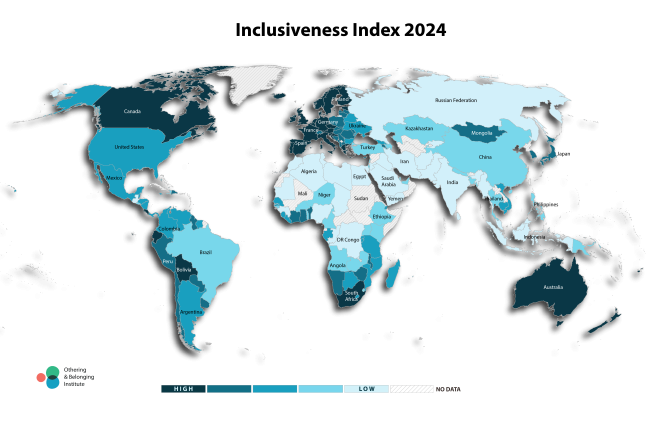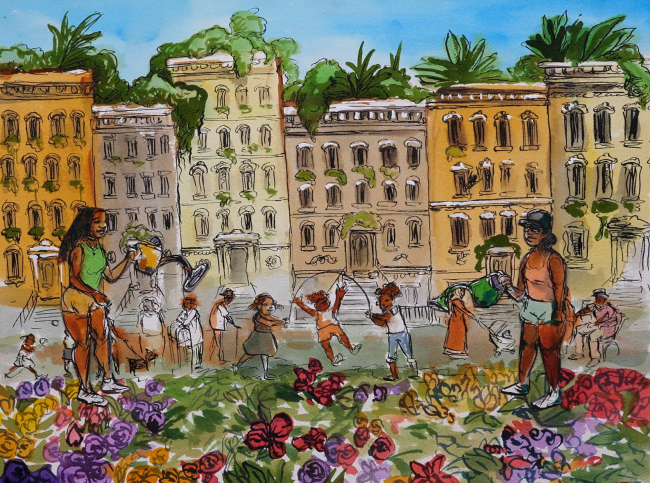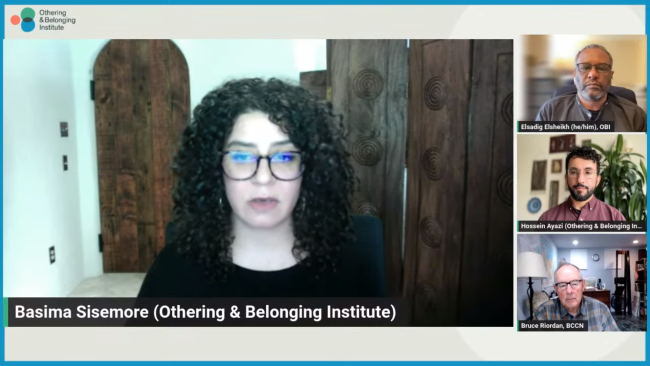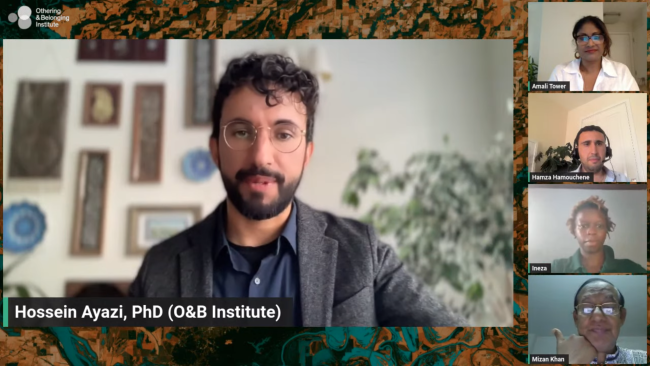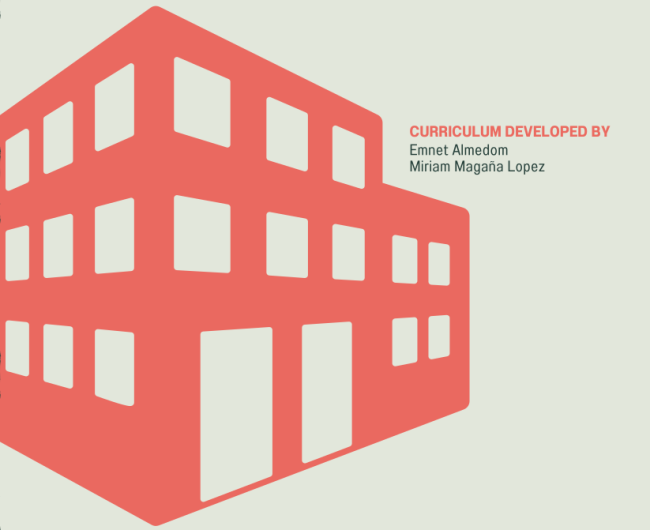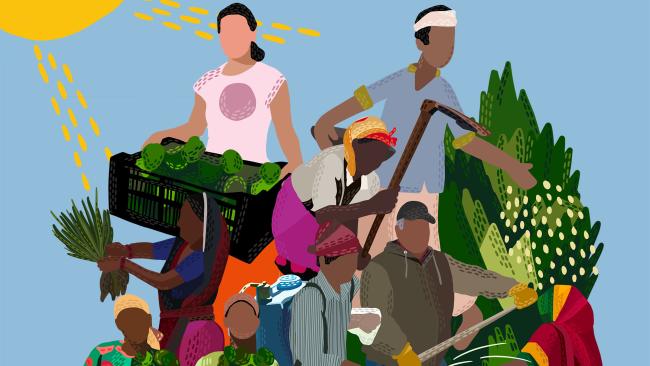Banner image: "Victory at Xwe’chi eXen, 2016" by Evan Bissell from Frames for Life, Liberation, & Belonging, depicting the victory of the Lummi Nation over the construction of a coal export terminal at Xwe’chi eXen (otherwise known as Cherry Point).
While the changing temperatures behind the climate crisis may be class and color-blind, the root causes of those changes—and the structures that make some people more vulnerable than others—are not. Consistent with a fossil fuel economy and worldview built on othering, it is no accident that those whose material conditions are most profoundly impacted by the crisis are those who are least responsible for creating it: migrant workers; Black, Brown, and Indigenous communities, mostly female low wage care providers, agricultural workers, and so on.
Our global and local work around narrative strategy, systems research, and relationship-building between academia and the public, private, and nonprofit sectors allows us to bring a uniquely holistic view across the many structures that influence our response to the crisis. Ultimately, we aim to grow public will to amplify imaginative solutions built not on leaving people behind, but on bringing everyone in.




